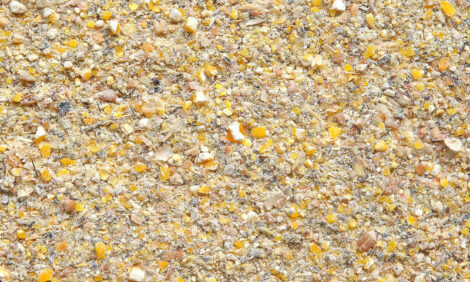



Treating Organic Layers for Parasitic Worms
US - As well as preventative measures, physical, nutritional, herbal and homeopathic treatments may be effective against parasitic worms.In response to a query, the NCAT Sustainable Agriculture Project from ATTRA says that a good resource for organic treatments of common health problems of poultry flocks is Karma Glos's Remedies for Health Problems of the Organic Laying Flock. The compendium lists various styles of treatments, as well as preventative measures. The treatments for worms begins on page 56 and includes physical, nutritional, herbal and homeopathic treatments.
Another resource is an article that was published in the October/November 2009 issue of Backyard Poultry Magazine entitled 'Fall Season Herbal Wormer and Alternative' by Susan Burek and Laura Corstange. This article, which is not available online, explains the different properties of alternative worm treatments and how they help in treating these internal parasites, according to NCAT.
It is uncommon, but possible, to find worms inside an egg. For this to occur, the worm actually travels out of the intestine and then up into the oviduct where the egg is formed and gets trapped inside. Candling will help detect this occurrence and any such eggs should be discarded.
The meat from infected chickens should be fine to eat. According to Gail Damerow author of The Chicken Health Handbook, most worms that prefer poultry do not invade humans, and if an infestation does occur, there are often few or even no symptoms. Also, since the worms are in the digestive tract, the meat should not be contaminated as long as it is processed in a sanitary manner.
The NCAT reply continues that there seems to be more of a danger of ingesting worm eggs through contact with contaminated manure and then forgetting to wash hands before eating. It is also important to remember that heavy infestations of worms can impair a chicken's immune response, and make them more susceptible to other diseases. Because of this, it is important to observe the birds and watch for additional symptoms of disease which may result in their meat needing to be discarded rather than eaten.








